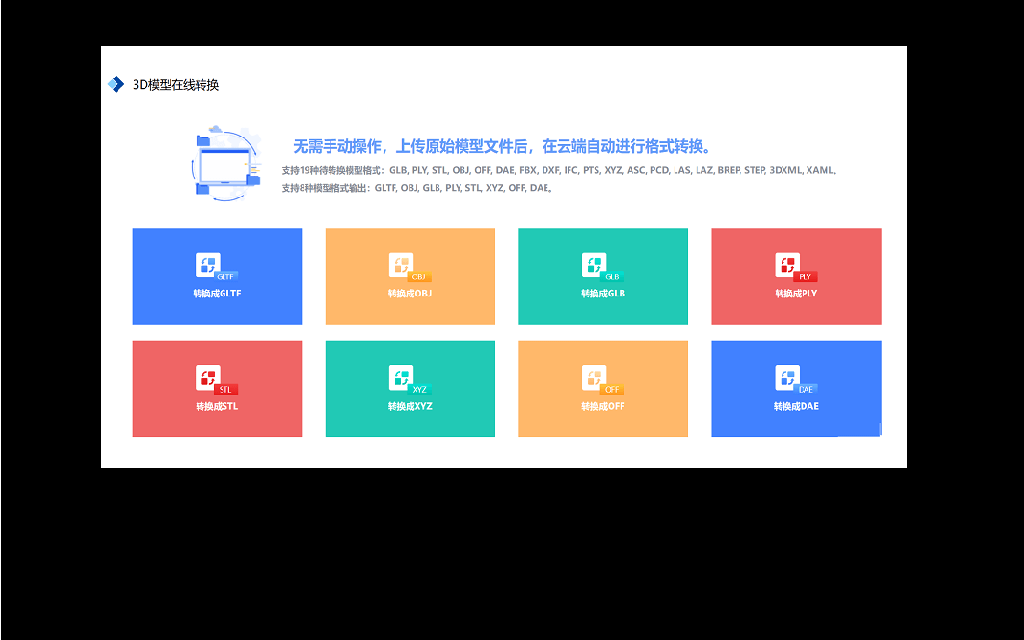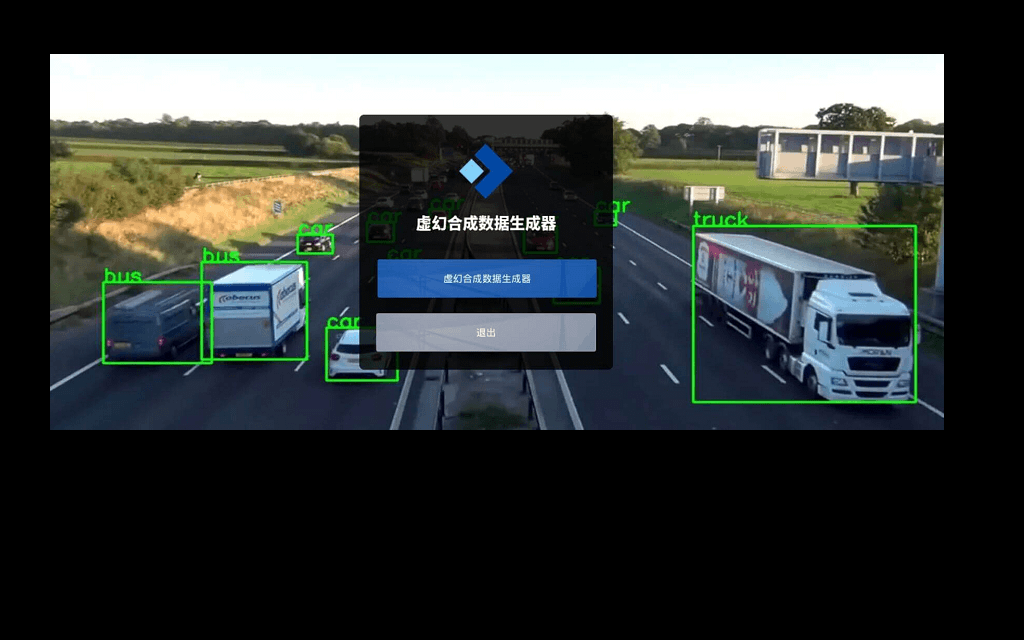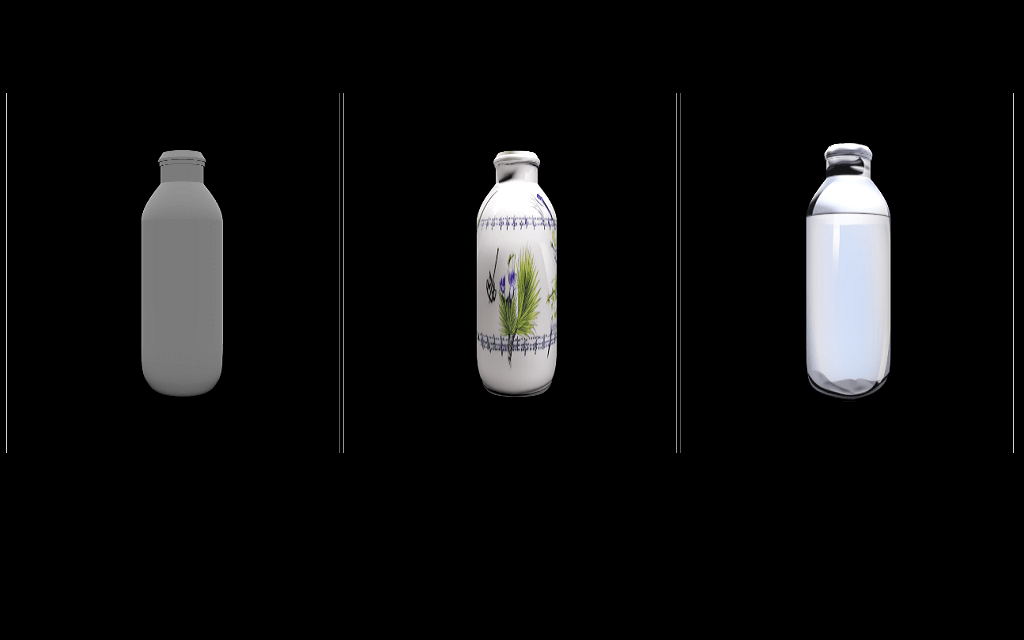Customer relationship management (CRM) software has become an invaluable tool in the fast-paced world of modern marketing. It is more than just a tool; is a dynamic platform that helps <a href="https://hostvik.com/how-crm-helps-business/">CRM Helps Businesses Thrive</a> CRM software, or customer relationship management software, is a specialized technology that allows companies to manage customer interactions and relationships. Its purpose is to centralize, organize, and automate various aspects of customer interactions, such as sales, marketing, and customer service. CRM software, at its core, is a large database that stores and manages customer data and interactions, making it available to the relevant teams within the organization. Types of CRM software: CRM software is divided into three categories, each of which serves a different purpose in marketing and customer relationship management: Operational CRM This type is responsible for optimizing daily operations in sales, marketing, and customer service. Includes tools to manage contacts, sales channels, marketing campaigns, and customer service. For companies looking to automate and optimize their customer service processes, operational CRM is the way to go.
<h2>Analytical CRM</h2> Analytical CRM focuses on data analysis. It helps businesses understand customer behavior, preferences, and trends by extracting insights from collected data. Marketers can use this data to adjust their strategies, make data-driven decisions, and personalize marketing campaigns.
<h2>Collaborative CRM</h2> Collaborative CRM aims to foster cooperation between departments. It allows sales, marketing, and customer service teams to collaborate seamlessly, sharing valuable customer information and ensuring consistent and cohesive customer interactions. <h3>Why CRM software is a marketing powerhouse:</h3> CRM software has become a marketing powerhouse for several compelling reasons: <h3>Improved customer information</h3> CRM software allows you to collect and store detailed customer information. This information includes contact information, purchase history, communication history, and other details. Marketers can use this knowledge to create highly targeted, personalized marketing campaigns. <h3>Effective Lead Management</h3> CRM software enables efficient lead management by tracking leads through the sales funnel. Marketing teams can nurture leads, qualify them based on their willingness to buy, and deliver them to sales when they are sales-qualified. This ensures that marketing efforts are focused on the leads most likely to convert. <h3>Automated Marketing Campaigns</h3> CRM software is frequently integrated with marketing automation software. This collaboration automates a variety of marketing tasks, including sending personalized emails, segmenting your audience, and tracking campaign performance. Automation not only saves time but also ensures constant and timely communication with customers. <h4>Personalization</h4> Personalized marketing is more effective in capturing the attention of your audience. CRM software allows the creation of highly personalized marketing messages and content. This personal touch strengthens the relationship with your customers and increases the likelihood of conversion. <h4>Lead Scoring and Segmentation CRM software can score leads based on their actions and interactions with your brand. This scoring system helps marketers identify high-potential leads. CRM software also allows for audience segmentation, allowing for targeted campaigns based on customer preferences and behaviors.
<h4>Multi-channel engagement</h4> Today, customers interact with brands through a variety of channels, ranging from email and social media to in-person interactions. CRM software allows marketers to maintain consistency in messaging and engagement across channels by providing a 360-degree view of customer interactions. <h4>Data-driven decision making</h4> The analytical capabilities of CRM software provide a wealth of data that can be used to measure the effectiveness of marketing campaigns. This data-driven approach allows you to adjust your strategies for better results. <h4>Better Customer Retention</h4> CRM software helps develop stronger relationships with customers. It allows businesses to provide excellent customer service and support, resulting in greater customer satisfaction and loyalty. Satisfied customers are more likely to become repeat buyers and brand advocates. <h4>Conclusion</h4> Finally, CRM software is a versatile and necessary tool for modern marketing. It allows companies to create, foster, and maintain valuable customer relationships. CRM software is the linchpin that connects marketing, sales, and customer service efforts, from lead management to personalized marketing campaigns and data-driven decision-making. Implementing a CRM solution, whether you are a small startup or a large corporation, can significantly improve your marketing efforts, driving success and customer satisfaction.


